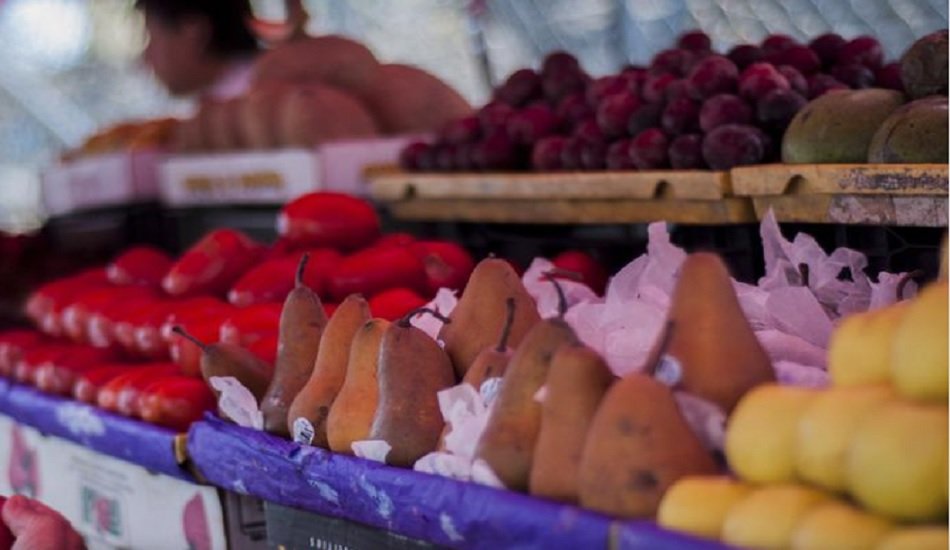EC to suspend five organic food products certifying agencies from approving export from India.
The European Commission has made the decision to suspend five certifying bodies from clearing or approving the export of processed organic food products from India because they did not follow European Union rules and make sure the products were free from contamination.
In a notice sent out last week, the EC proposed a change to the implementing regulation regarding the recognition of control authorities and control bodies (certifying agencies) to allow the import of organic products into the Union.
Also Read | EC blacklists five certifying agencies from certifying organic product exports from India.
According to this, TQ Cert Services has been asked by the Indian government to stop certifying processed organic food products. This comes after the Agricultural and Processed Food Products Export Development Authority of India (APEDA) stopped the company from clearing or certifying exports. The EU has decided that APEDA is the right authority.
Contamination much higher than MRLs
The other four, Control Union Certifications, Ecocert SA, Lacon GmbH, and OneCert International Pvt, have had their licenses suspended because they did not follow EU rules for importing organic products. The EC said that cases of non-compliance had been reported to the Organic Farming Information System (OFIS).
‘These notices are about the contamination of a large number of shipments of products made in India and certified by these control bodies as organic. The contaminations were with products and substances that aren’t allowed in organic production and/or conventional production in the Union, at levels above and often far above the Maximum Residue Levels set by Regulation of the European Parliament,’ the EC said.
One of the reported contaminations was ethylene oxide (ETO), which can cause cancer, can cause mutations and is bad for reproduction. The EC said there were also other kinds of contamination.
Not taking steps to fix things
These certifying agencies didn’t show that the products they were in charge of were made according to the rules and were controlled in a way that was the same as what the EC had set up.
It also said that the agencies didn’t do anything to fix the mistakes and violations that were brought to their attention. Control Union Certifications, Ecocert SA, Lacon GmbH, and TQ Cert are all based in the EU, while OneCert is based in the US.
‘The EU put a hold on these five companies because it thinks they don’t work right in India. It doesn’t like what they do, so they were already stopped from certifying organic goods. S Chandrasekharan, a trade analyst who keeps track of organic exports, said, ‘They should have been more careful and done things differently.’
The EC’s move comes after it decided in December 2018 to stop five certifying agencies from clearing or approving exports of organic products: ECOCERT India Pvt Ltd, CU Inspections Ltd, Indian Organic Certification Agency (Indocert), Lacon Quality Certifications Pvt Ltd, and OneCert International Private Ltd.
Then, they were accused of not meeting the standards for ethylene oxide (ETO) in shipments, especially sesame (til/gingelly), that were sent to the European Union.
Effect of the ETO on shipments
At that time, EU and US organizations in the EU were working hard to get something done about APEDA. The agencies that are being shut down clear and certify a lot of the organic products and processed foods that India exports.
Even though the EC has only released a draught, it is likely that it will be ratified in the next two months and could go into effect on October 1.
Also Read | Organic certification agencies are no longer certifying ‘high-risk’ products.
The presence of ETO, which the EU says can cause cancer in humans, has hurt Indian exports of organic food. So, it is closely watched to make sure that the shipping of any product follows the rules.
In the case of India, the amount of ETO was found to be above the allowed level, which the EU thought put its consumers’ health at risk.


















Add Comment